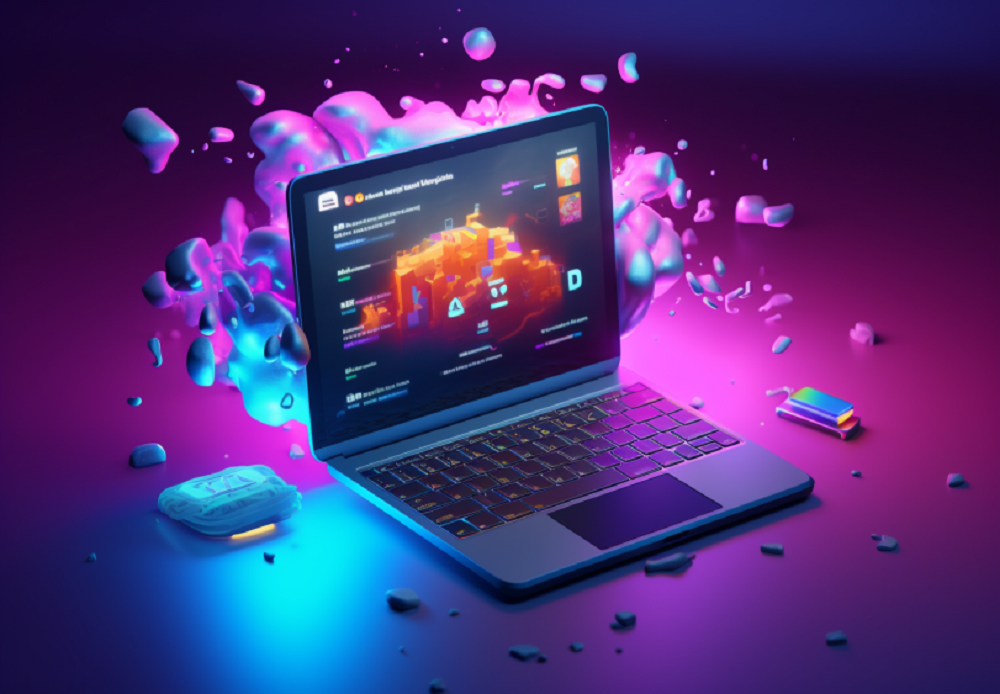Transforming Recruitment through ChatGPT
Table of Contents
- Introduction to ChatGPT and its Implications in Hiring
- Automating Job Descriptions and Requirements
- AI-Powered Resume Screening
- ChatGPT-assisted Candidate Outreach
- Personalized Job Recommendations
- AI-Driven Assessment and Testing
- ChatGPT in Video Interviewing
- Sentiment Analysis in Candidate Evaluation
- AI-Enhanced Candidate Scoring and Ranking
- ChatGPT in Onboarding and Training
- Reducing Bias in Hiring Decisions
- Streamlining HR Processes with ChatGPT
- Enhancing Collaboration among Hiring Teams
- ChatGPT in Talent Analytics and Workforce Planning
- The Ethics of AI in Hiring
- Challenges and Limitations of ChatGPT in Recruitment
- Future Developments in AI and Hiring
- Preparing for the AI-Driven Recruitment Revolution
1. Introduction to ChatGPT and its Implications in Hiring
ChatGPT is an advanced language model developed by OpenAI, based on the GPT architecture. It has the ability to generate human-like text based on the input provided to it. As businesses are increasingly adopting AI technology to streamline their processes, ChatGPT has the potential to revolutionize recruitment and hiring, making it more efficient, unbiased, and data-driven.
2. Automating Job Descriptions and Requirements
ChatGPT can be utilized to create well-structured job descriptions and requirements tailored to a company's specific needs. By providing a few key inputs, such as the job title, essential skills, and desired experience level, ChatGPT can generate comprehensive job descriptions that attract suitable candidates.
3. AI-Powered Resume Screening
One of the most time-consuming aspects of recruitment is reviewing and screening resumes. ChatGPT can help automate this process by extracting relevant information from applicants' resumes, such as education, experience, and skills. It can then compare this data against the job requirements to identify the most suitable candidates for further evaluation.
4. ChatGPT-assisted Candidate Outreach
ChatGPT can be employed to draft personalized messages for candidate outreach, improving engagement and response rates. By analyzing a candidate's resume and online presence, ChatGPT can generate tailored messages that highlight relevant skills and experience, making the recruitment process more efficient and targeted.
5. Personalized Job Recommendations
By leveraging ChatGPT's natural language processing capabilities, recruiters can create personalized job recommendations for candidates based on their skills, experience, and preferences. This not only enhances the candidate experience but also improves the chances of finding the right fit for both the organization and the individual.
6. AI-Driven Assessment and Testing
ChatGPT can be utilized to develop customized assessments and tests to evaluate a candidate's skills and aptitude. By analyzing the job requirements and candidate's profile, ChatGPT can generate relevant questions and scenarios that help assess a candidate's suitability for the role.
7. ChatGPT in Video Interviewing
Incorporating ChatGPT into video interviewing platforms can streamline the interview process. ChatGPT can generate contextually relevant questions based on the candidate's resume and job requirements, ensuring a more focused and efficient interview experience.
8. Sentiment Analysis in Candidate Evaluation
ChatGPT's natural language understanding capabilities can be employed to perform sentiment analysis on candidate responses during interviews or written assessments. This can provide valuable insights into a candidate's communication style, emotional intelligence, and cultural fit within the organization.
9. AI-Enhanced Candidate Scoring and Ranking
By aggregating data from various stages of the recruitment process, ChatGPT can generate an overall score for each candidate, taking into account their skills, experience, test results, and interview performance. This enables recruiters to objectively rank candidates and make informed hiring decisions.
10. ChatGPT in Onboarding and Training
Once a candidate is hired, ChatGPT can assist in creating personalized onboarding and training materials, ensuring a smooth transition into the organization. By analyzing the new employee's profile and job role, ChatGPT can generate customized learning paths and resources tailored to their needs.
11. Reducing Bias in Hiring Decisions
By employing ChatGPT to automate various stages of the recruitment process, businesses can reduce the influence of unconscious bias in hiring decisions. The AI-driven approach ensures that candidates are assessed based on their skills and experience, rather than subjective factors, leading to a more diverse and inclusive workforce.
12. Streamlining HR Processes with ChatGPT
Beyond recruitment, ChatGPT can be used to streamline various HR processes, such as drafting internal communications, generating employee feedback reports, and automating routine HR tasks. This allows HR teams to focus on more strategic activities, ultimately enhancing organizational efficiency.
13. Enhancing Collaboration among Hiring Teams
ChatGPT can facilitate seamless collaboration among hiring teams by generating meeting agendas, summarizing candidate evaluations, and producing data-driven insights to inform hiring decisions. This ensures that all stakeholders are aligned and working towards a common goal.
14. ChatGPT in Talent Analytics and Workforce Planning
By analyzing historical hiring data and current workforce trends, ChatGPT can generate valuable insights for talent analytics and workforce planning. These insights can help businesses identify talent gaps, forecast future hiring needs, and optimize their recruitment strategies.
15. The Ethics of AI in Hiring
While ChatGPT offers numerous benefits in recruitment, it is essential to consider the ethical implications of using AI in hiring. Businesses must ensure that the AI models they employ are transparent, unbiased, and adhere to data privacy regulations to maintain the trust of candidates and employees.
16. Challenges and Limitations of ChatGPT in Recruitment
Despite its potential, there are challenges and limitations to using ChatGPT in recruitment. These include ensuring data privacy, addressing potential biases in AI models, and keeping up with ever-evolving legal and regulatory frameworks.
17. Future Developments in AI and Hiring
As AI technology continues to advance, it is likely that ChatGPT and other AI-driven recruitment tools will become even more sophisticated and prevalent. Future developments may include enhanced natural language understanding, integration with other AI technologies, and improved adaptability to individual organizational needs.
18. Preparing for the AI-Driven Recruitment Revolution
To stay ahead of the curve, businesses must embrace the potential of ChatGPT and other AI technologies in recruitment. This involves investing in AI tools, upskilling HR teams, and fostering a culture of continuous learning and innovation. By doing so, organizations can unlock the full potential of AI-driven recruitment and transform their hiring processes for the better.






